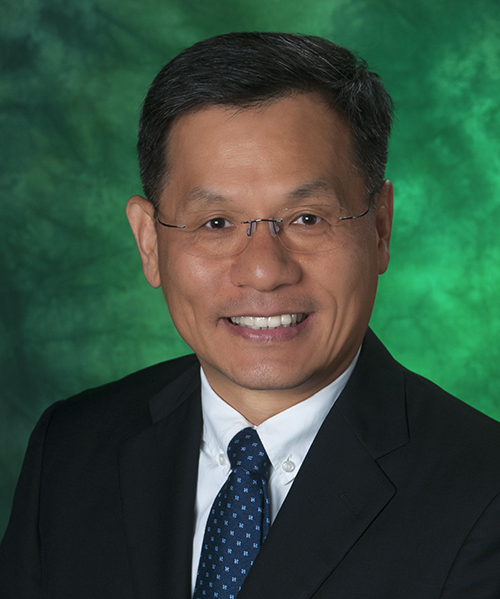
College of Engineering
Wonbong Choi is using integrated flexible energy systems and a $151,000 grant from the Air Force Office of Scientific Research (AFOSR) Defense University Research Instrumentation Program (DURIP) to study high ion transport behavior in two-dimensional nanomaterials that can provide a fundamental knowledge to create a way for UAVs to charge faster and store more energy.
"When we found that two-dimensional materials could significantly increase the ion transfer via a specific route within the materials, it enhanced ion transport for energy storage and opened a new avenue," says Choi, a professor in the Department of Materials Science and Engineering. "It made it increasingly more possible to store the harvested solar energy far more quickly than conventional methods, making it possible for the system to be deployed sooner. It also increased its storage efficiency."
Choi plans to thoroughly study the materials’ structure-property relationships from its high-charge transfer mechanism to its application of the energy system, which currently results in a 100 times faster charge.
"This ability is pivotal for the Department of Defense. The faster they are able to get a UAV flying and the longer it can stay in flight, the better it is for a critical mission," says Choi.
The current research is for Air Force UAVs, but Choi says it could have an impact down the road on everyday electronics like cell phones and laptops.